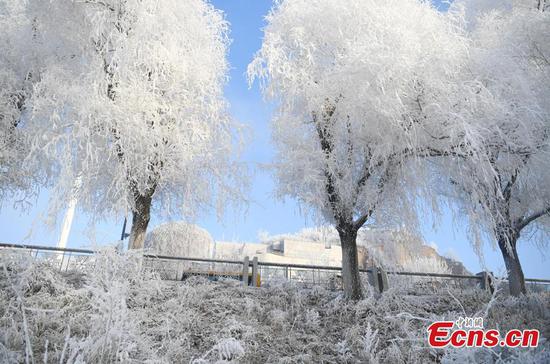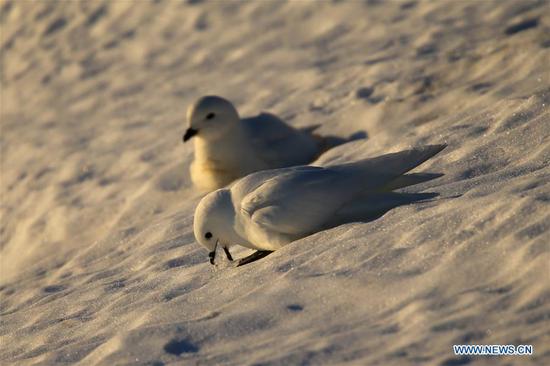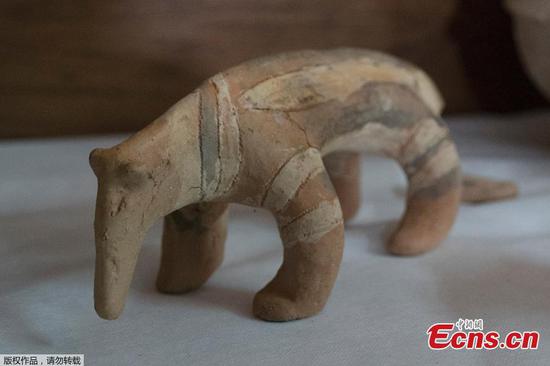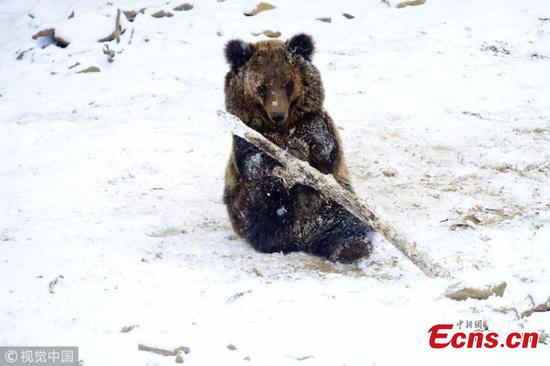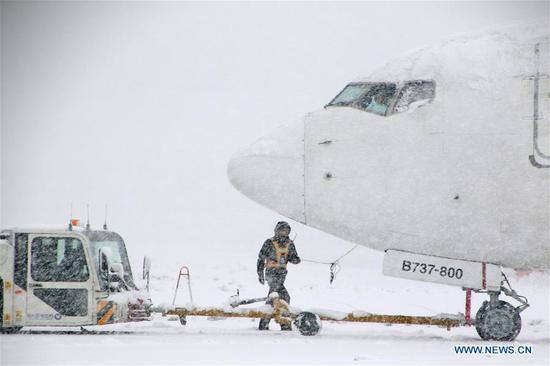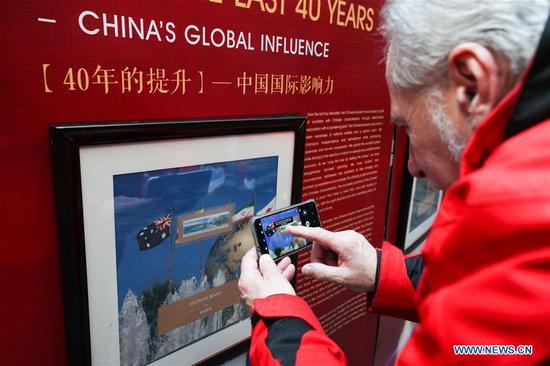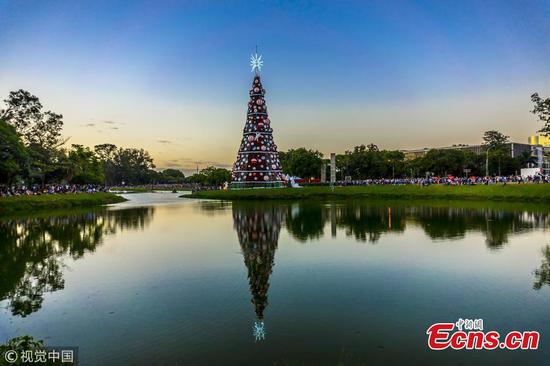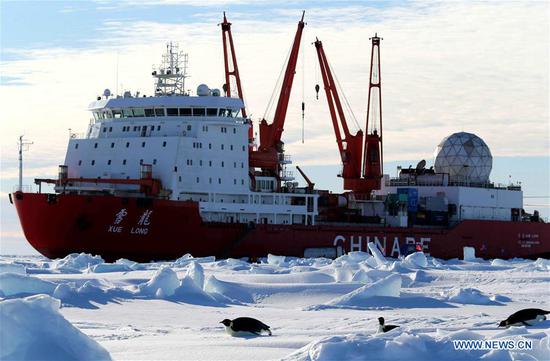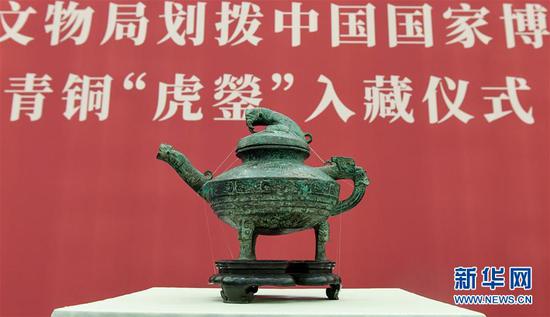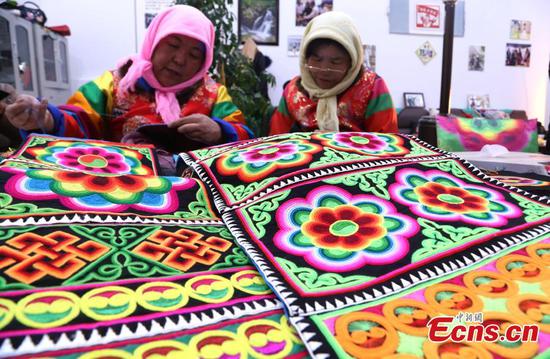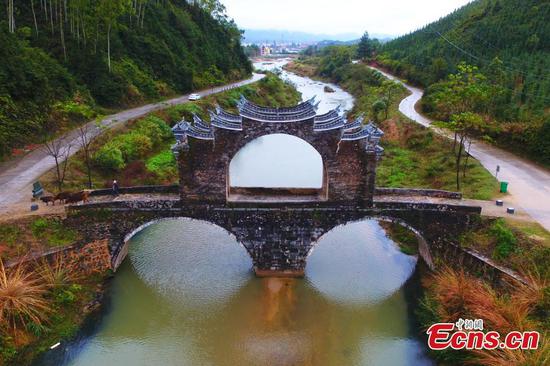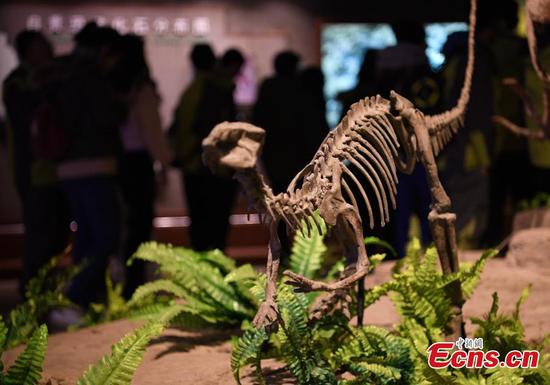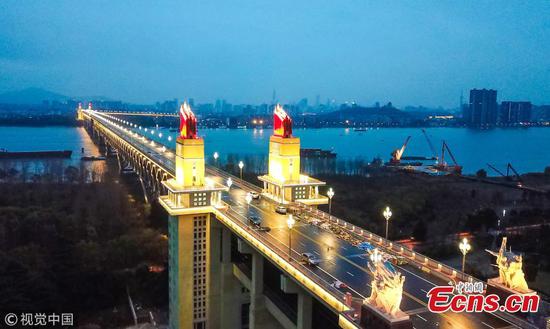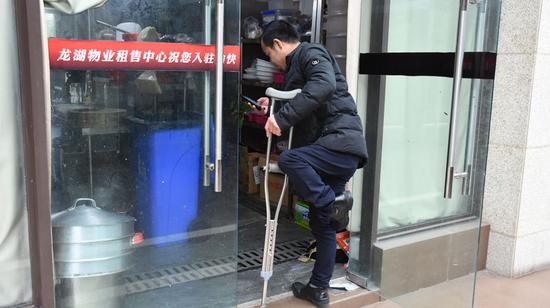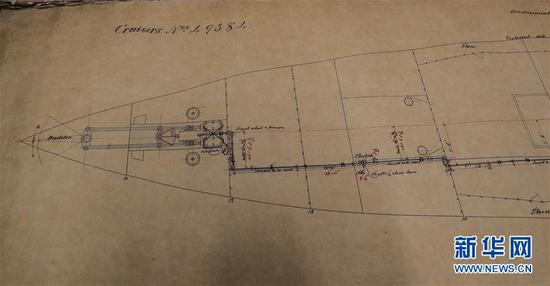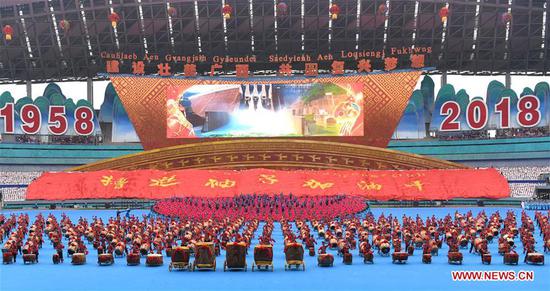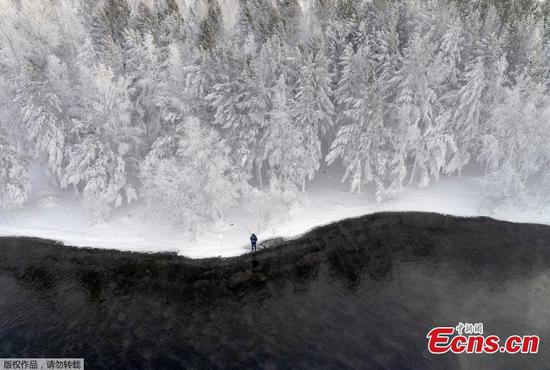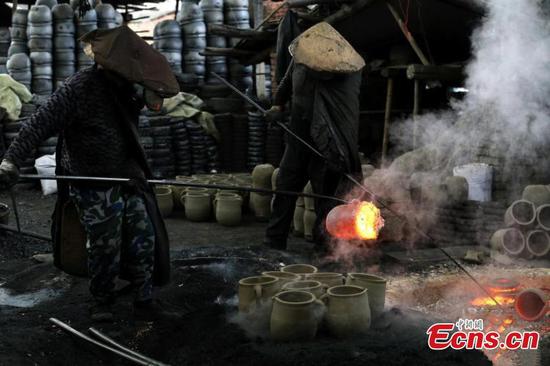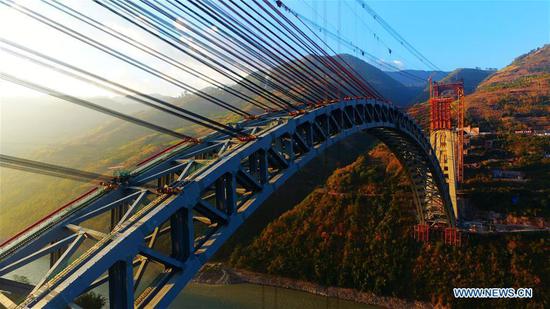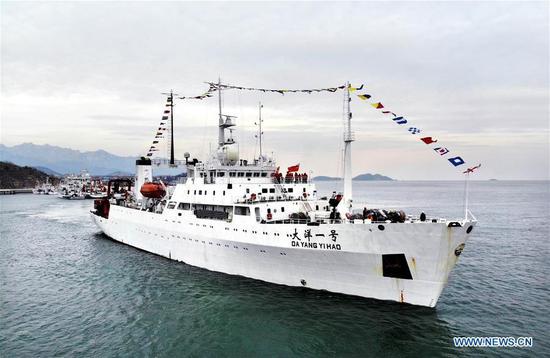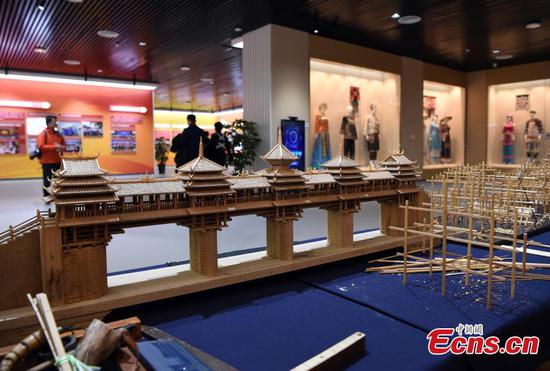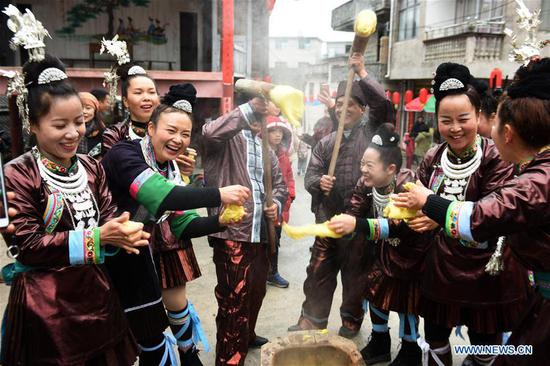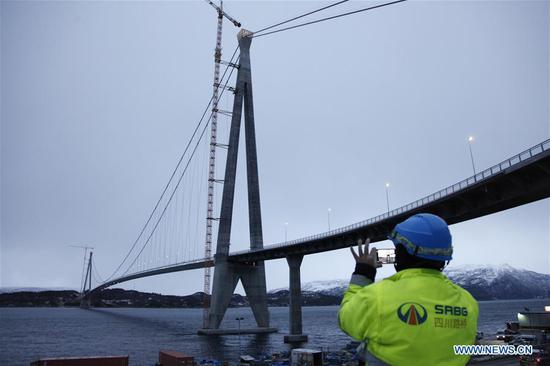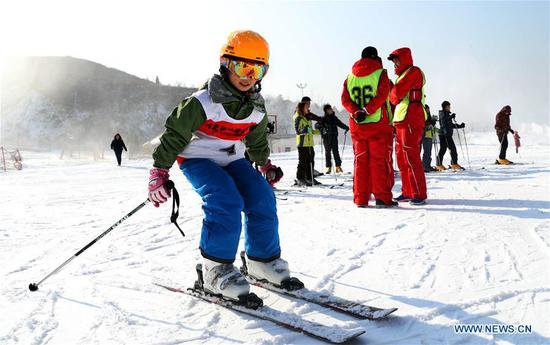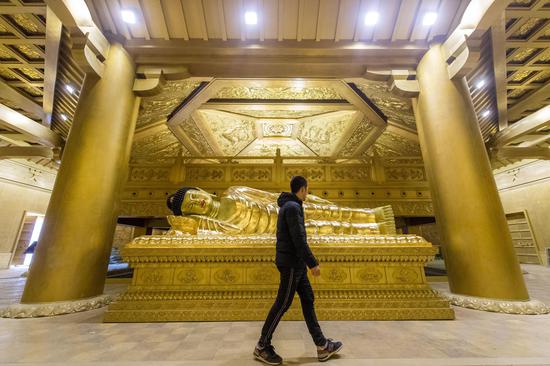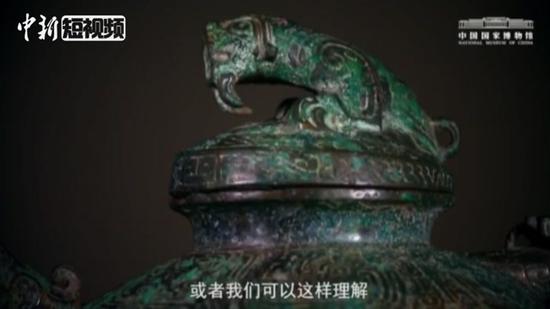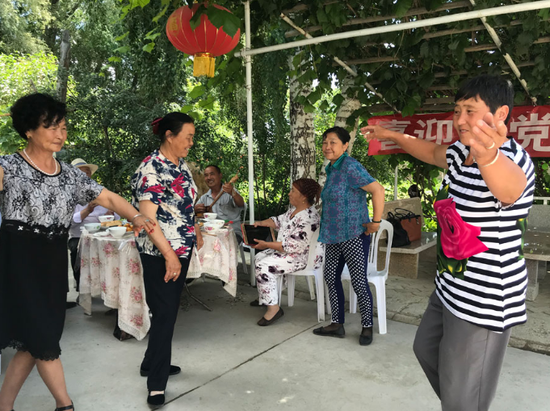
Descendants of the Huerjia, a group of Han people who arrived in Hongdun, Xinjiang Uygur autonomous region, in the 1860s, perform a folk dance with neighbors from other ethnic groups in a garden. (Photo provided to China Daily)
A remote settlement has long been a crucible of multiethnic friendships.?
In the 1950s and '60s, a group of 46 translators of Kazakh all hailed from Hongdun in Altay, a remote city in the northwest of the Xinjiang Uygur autonomous region.
The translators were Han, but they were all fluent in Kazakh and some even spoke Mongolian. They worked for the government in Xinjiang or Beijing, and some held high office.
"My father was a farmer in Hongdun, and he could speak Kazakh and Mongolian. It was convenient in our lives and also prompted emotional ties with people from other ethnic groups," said Yang Zizhi, who started work as a translator of Kazakh in the Altay government in 1964.
"The language was not taught in school but learned in our daily lives because our neighbors were from different ethnic groups," said the 72-year-old.
The translators were all descendants of the Huerjia, a group of Han people who arrived in Hongdun in the 1860s. The name is a phonetic translation of khorzha, which means "settlement" in the Kazakh language.
Their ancestors came from the provinces of Shanxi, Shaanxi and Gansu. Fleeing poverty, they moved to the frontier town and started new lives alongside Mongolian and Kazakh nomads on the northern bank of the Khran River, a branch of Irtysh River which rises in the Altay Mountains.
The original 45 families, which shared 28 family names but had no previous connection, formed a small but special group in Hongdun.
They dug canals, grew crops, cultivated wasteland and introduced new production models.
Unlike their nomadic peers, the Han people built houses that the local residents dubbed khorzha, so they gradually became known by the name.











